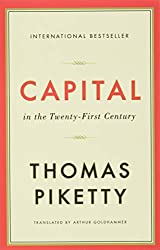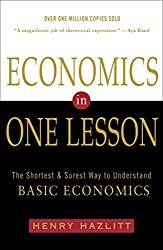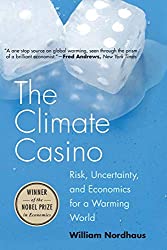
Rating: 8.2/10.
Explains the Canadian real estate situation, both from an economic and monetary policy perspective and implications for personal finance. Hilliard MacBeth has the controversial opinion that Canada is about to hit a housing bubble, with corrections on the order of 40-50%. The recent rise in real estate prices are due to low interest rate and the willingness of banks to make large mortgage loans, not immigration and foreign investment that many people assume. Canada’s private debt to GDP ratio is high and quickly increasing, thus we’re likely nearing the top of a debt cycle.
Many common assumptions about real estate are wrong. It’s often claimed that renting is throwing money away, but renters often come out ahead since they spend a lot less and can invest the difference in the market. Another assumption is that house prices will always go up, which has been the case for the last 20 years, but has clear counterexamples in USA in 2008 and Japan in 1990s, among others. The Case-Shiller index shows that over an 100-year period, real estate values in the USA have approximately matched inflation. Since mortgages are highly leveraged, this makes real estate quite risky. We’re prone to recency bias, where we develop heuristics for the last few decades of growth and extrapolate it indefinitely into the future.
Real estate doesn’t work as an investment because there’s little reason to believe it will go up in the future, instead it’s speculation if you’re hoping to flip it for higher in the short term. Instead of an investment, it’s better to think of real estate as paying for a lot of future rent upfront. The author warns against young people taking debt to get mortgages, especially in this market. Moreover, he advises that seniors with houses should sell their home and rent, especially for empty-nesters.
The author is extremely pessimistic about the state of real estate, which I’m not sure is justified. However, the book questions some common assumptions about real estate — whether it makes sense as an investment really depends on whether you think house prices go up in the long term. Experts don’t agree on whether this is true in the long term. Nevertheless, it’s good to question the assumptions behind real estate investing, and the tradeoff between renting and ownership depends on a lot of factors, and it’s unclear that ownership is better.



